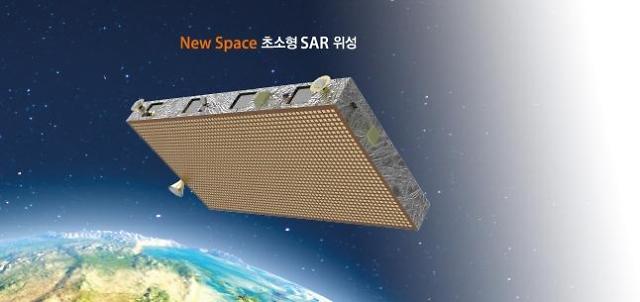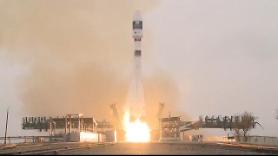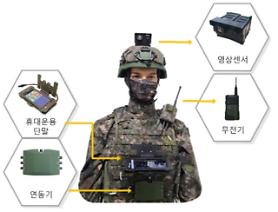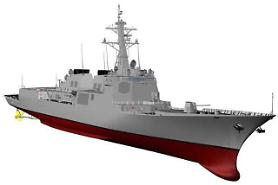
[Courtesy of Hanwha Systems]
A Hanwha Group unit secured a controlling 30-percent stake in Satrec Initiative in January. Hanwha Systems said it would develop a satellite system and a video radar payload, while Satrec Initiative is responsible for a satellite body. Unlike conventional cylindrical satellites, they would introduce a light, rectangular panel shape.
Hanwha's decision came after South Korea's new midsized observation satellite successfully entered its target orbit and made its first contact with a base station on March 22 following its launch at a space center in Kazakhstan aboard a Russian rocket. The satellite was developed in a state project to establish a universal standard platform aimed at securing independent satellite development technologies.
The 500-kilogram satellite installed with a home-made precision optical camera will provide precise observation videos starting in October after a six-month trial run at an altitude of 498 kilometers (309 miles). The satellite with an operating life of four years is the first of South Korea's five medium-sized satellites that would be launched in two stages.
Hanwha Systems has localized key components to lighten the payload of the midsized satellite. Light payloads will allow multiple satellites to be loaded into one projectile and create a cluster of satellites that can be connected to provide an integrated communication system and exchange observational information.
Along with medium-sized satellites, South Korea has disclosed the goal of producing 11 small satellites weighing under 100 kg in a space program led by the state-run Korea Aerospace Research Institute (KARI) which has developed multipurpose reconnaissance satellites. Since 2011, South Korea has developed home-made geostationary satellites as well as a three-stage indigenous rocket launch vehicle called the Korea Space Launch Vehicle-2 (KSLV-2), also known as Nuri, which will lift off in 2021.
Copyright ⓒ Aju Press All rights reserved.



